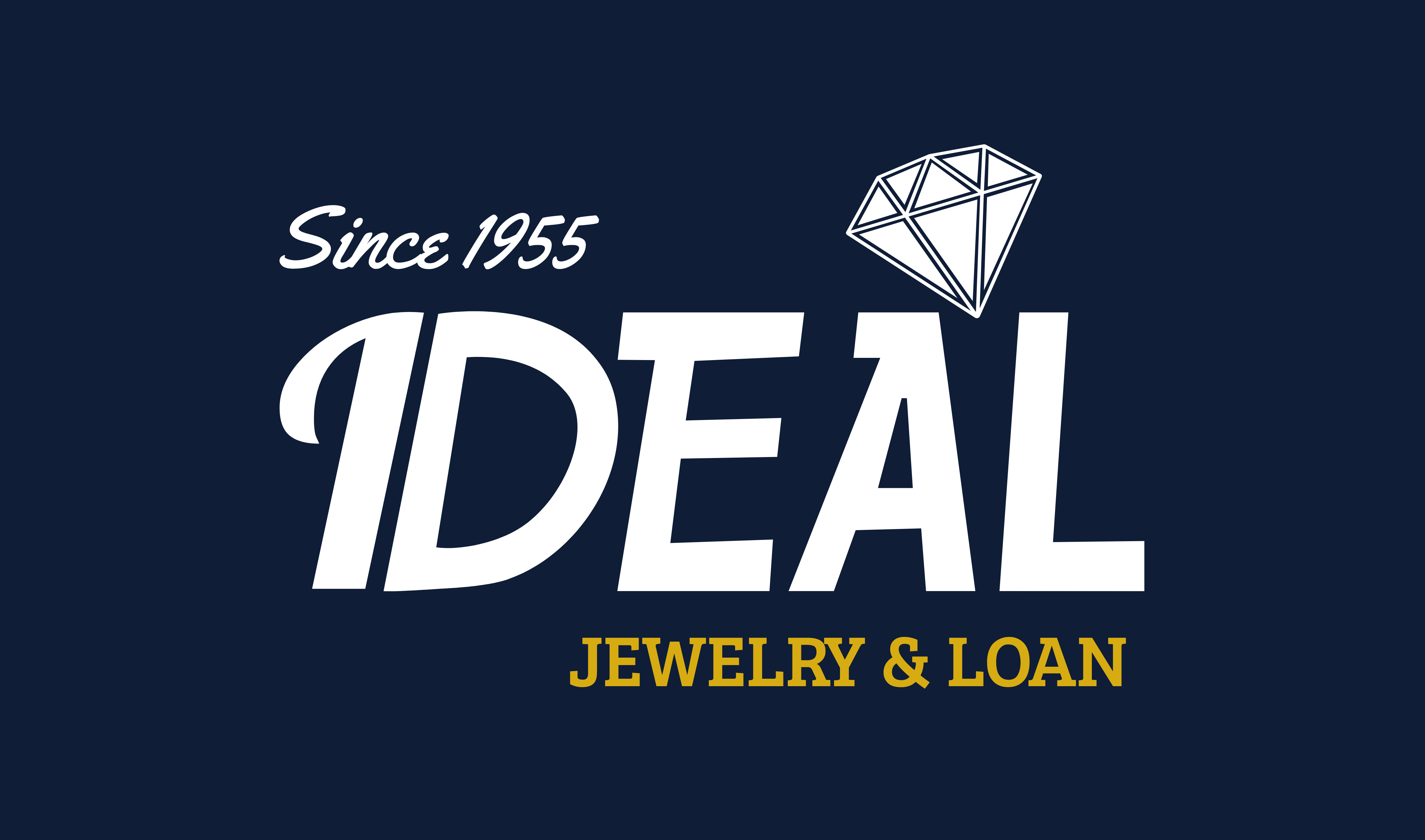Pawnshops provide two main solutions for people in need of fast money or facing financial difficulties: pawning an item or applying for a pawnshop loan. Finding the best option for your particular situation requires understanding the differences between these options. We will examine the differences between pawning and obtaining a loan from a pawnshop in this blog post, outlining the benefits and factors for each. You can decide which option best suits your needs by comparing the characteristics of pawn transactions and pawnshop loans.

Pawnshops provide two main solutions for people in need of fast money or facing financial difficulties: pawning an item or applying for a pawnshop loan. Finding the best option for your particular situation requires understanding the differences between these options. We will examine the differences between pawning and obtaining a loan from a pawnshop in this blog post, outlining the benefits and factors for each. You can decide which option best suits your needs by comparing the characteristics of pawn transactions and pawnshop loans.
Pawning an Item
Putting something up for pawn involves using a pricey item as security for a quick loan. A closer look at the advantages and factors of pawning is provided below:
How Pawning Works
You take the item to the pawnshop for appraisal when you pawn it. Your loan request is based on the pawnbroker’s evaluation of the item’s value. The item is kept as collateral if you accept the loan offer, and you get the cash loan amount. The pawn term is the amount of time you have to pay back the loan plus interest and fees. You get your item back once you pay back the loan.
Advantages of Pawning
- Quick Access to Cash: Without extensive paperwork or credit checks, pawning offers instant cash. Typically, the appraisal procedure is quick, and you can leave with money in your pocket.
- No Credit Checks:
- Pawning doesn’t involve credit checks or have an effect on your credit rating. You can obtain a loan by using valuable items as collateral, regardless of your credit history.
- Preservation of Ownership: You keep ownership of your item when you pawn it. The pawnshop retains the collateral in the event that you are unable to pay back the loan, but does not give credit reporting companies any bad information.
Considerations for Pawning
- Risk of Losing the Item: You run the risk of losing your item if you are unable to pay back the loan within the predetermined time frame. It’s critical to consider your ability to pay back the loan and be aware of any potential repercussions.
- Lower Loan Amounts: When you pawn an item, you typically receive a loan in the form of a percentage of the item’s appraised value. Pawning might not be sufficient if you require a larger sum of money.
- Interest and Fees: On pawn transactions, pawnshops impose interest and fees; these can differ depending on the pawnshop and local laws. Before moving forward with a pawn transaction, make sure you are aware of the loan’s total cost.
Pawnshop Loans
Pawning differs slightly from pawnshop loans, also referred to as collateral-based loans or pawn loans. Let’s explore the characteristics and factors of pawnshop loans:
How Pawnshop Loans Work
Pawnshop loans are similar to pawning in that they are loans given based on the value of your collateral. A pawnshop loan, on the other hand, does not require repayment of the principal; instead, you leave the item with the pawnshop. Only the interest and fees are your responsibility to pay within the predetermined time frame. following the loan’s
Advantages of Pawnshop Loans
- Higher Loan Amounts: Pawnshop loans typically offer larger loan amounts than pawning. This may be advantageous if you need a bigger sum of money to cover your expenses.
- No Obligation to Repay Principal: You are only required to pay interest and fees on pawnshop loans during the predetermined time period. The principal loan amount is not subject to repayment, giving you more freedom in how you handle your money.
- Extended Repayment Options: Compared to pawning, pawnshop loans frequently offer longer repayment terms. This gives you more time to make payments and, if necessary, the option to extend the loan’s term.
- Option to Renew or Extend the Loan: Many pawnshops offer the option to renew or extend the loan by paying the interest and fees if you’re unable to repay the loan in full within the allotted timeframe. This may be advantageous if you need more time to repay the loan or more money.
Considerations for Pawnshop Loans
- Interest and Fees: Pawnshop loans have interest and fees, just like pawning. To determine the total cost of the loan, it is crucial to comprehend the interest rate and any associated fees.
- Risk of Losing Collateral: While there is no requirement to pay back the full amount of the loan, you may lose your collateral if you don’t make payments on time for the interest and fees. Evaluate your capacity for timely payment and take into account the possible repercussions.
- Limited Loan Term: Pawnshop loans have a specific term, typically ranging from a few weeks to a few months. Ensure that the repayment period aligns with your financial capabilities and goals.
Conclusion
Depending on your individual needs and financial situation, you may want to choose between pawning an item and getting a pawnshop loan. Pawnshop loans offer larger loan amounts and more flexible repayment schedules than pawning, which offers quick cash with the option to recover your item upon repayment. Take into account elements like the item’s value, the required loan amount, your ability to make timely payments, and the repercussions of non-repayment. You can decide whether pawning or a pawnshop loan is the best course of action for your situation by being aware of the benefits and drawbacks of each option. To find the best way to meet your immediate cash needs, talk to a reputable pawnshop and assess your financial situation.



